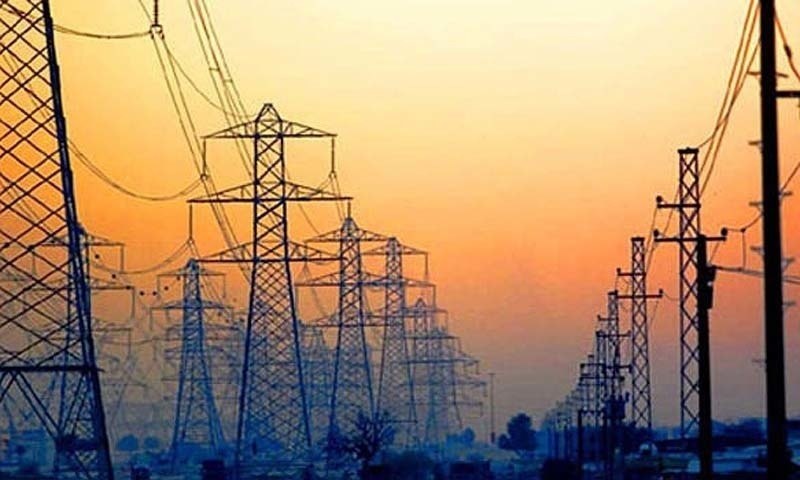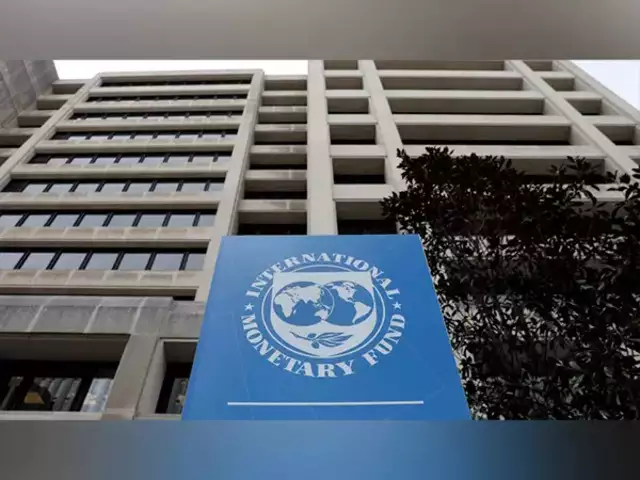Mohsin Siddiqui (Chief Reporter)
The All Pakistan Textile Mills Association (APTMA) has formally requested a comprehensive review of the agreements with independent power producers (IPPs) and a forensic audit of their operations. This demand comes in response to the escalating electricity costs that are significantly impacting the country’s textile industry, which is a major player in Pakistan’s export sector.
On Wednesday, Asif Inam, Chairman of APTMA, voiced the association’s concerns regarding the rising electricity prices that have been burdening textile mills. According to Inam, the exorbitant cost of electricity has become a major hindrance to exporting goods, adversely affecting the competitiveness of Pakistani textiles in the international market.
Inam emphasized the need for immediate action, stating, “The high cost of electricity has made it increasingly difficult for us to export our products. We have outlined a clear course of action to address this issue.” He stressed that the review of IPP contracts and the forensic audit are crucial steps toward mitigating the negative impacts of high energy costs.
The textile industry, representing a significant portion of Pakistan’s exports, is under immense pressure due to high capacity charges and costly power supply. APTMA’s chairman highlighted that these issues have cast a dark shadow over the industry, affecting its ability to compete globally.
Inam’s call for a forensic audit aims to scrutinize the financial dealings of the IPPs to ensure transparency and accountability. He argued that the expensive power rates are not just a financial burden but also a deterrent for potential investors and export opportunities.
APTMA is advocating for a detailed forensic audit of IPPs to examine their financial practices and ensure that there are no discrepancies or inefficiencies. This audit is expected to uncover the reasons behind the high costs and potentially reveal areas where improvements can be made.
In addition, the association is pushing for a thorough review of existing agreements between the government and IPPs. These agreements have been criticized for not being in the best interest of the textile industry or the general public. The review aims to renegotiate terms that could lead to lower electricity costs and more favorable conditions for industries dependent on power.
The textile sector is not only the largest industry in Pakistan but also a crucial component of the country’s export economy. It contributes significantly to employment and GDP, making its health and profitability essential for Pakistan’s economic stability.
APTMA’s request for action reflects a broader concern within the textile industry about the sustainability of their operations amidst rising costs. The association’s efforts to address these issues underscore the importance of a stable and affordable energy supply for the sector’s growth and international competitiveness.
Inam also pointed out that the owners of many IPPs are Pakistani citizens, which adds another layer to the debate. He emphasized that the issues surrounding electricity costs are not just a matter of international contracts but also involve domestic stakeholders who are deeply affected by the current energy policies.
The demand for a forensic audit and review is partly driven by the belief that better transparency and revised agreements could lead to more favorable conditions for local industries. By addressing these concerns, APTMA hopes to foster a more conducive environment for the textile sector and support its growth.




